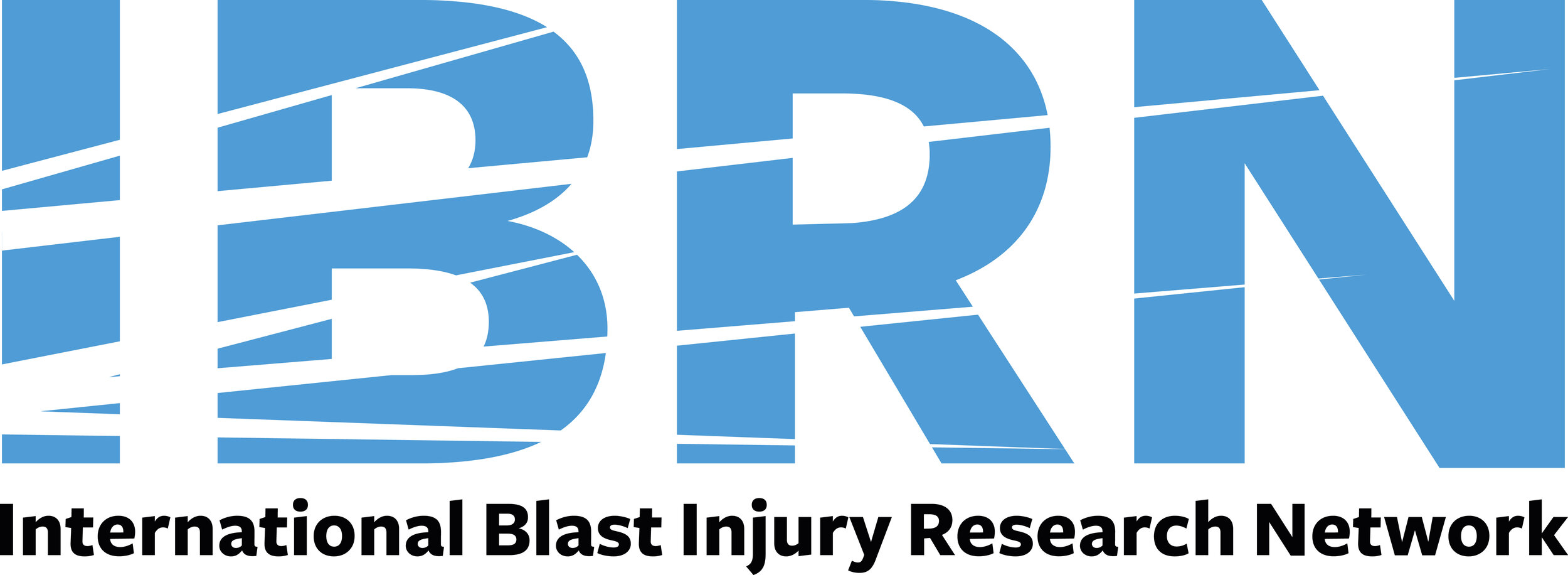IBRN at UNMAS NDM-UN27
In April-May 2024, members from the IBRN core team Dr Rebecca Glenny-Brown and Dr Hannah Wild were invited to participate in the National Directors Meeting for the United Nations Mine Action Service and host a side event alongside the IBRN supported initiative, EXTRACCT.
In 2023, the Explosive Weapons Trauma Care Collective (EXTRACCT) was founded in response to the unacceptable toll of explosive ordnance such as mines and IEDs as well as the use of explosive weapons in populated areas (EWIPA) on civilians in conflict and post-conflict settings. EXTRACCT is a multisectoral initiative designed to enhance coordination between humanitarian mine action and trauma care for civilian casualties. EXTRACCT focuses on bridging the gap from point-of-injury to definitive care at a health facility with the goal of reducing preventable death and disability.
The side event titles: “The Explosive Weapons Trauma Care Collective: One Year Later” explored the development of EXTRACCT and described progress and ongoing work at the intersection of humanitarian mine action/stakeholder in explosive weapons and trauma care for civilian casualties.
The event was hosted by Rebecca and included panellists:
Hannah Wild, University of Washington
Lee Wallis, WHO
Christelle Loupforest, UNMAS
Sebastian Kasack, MAG
Moumini Niaone, Agency for Primary Health Care Burkina Faso & Pull for Progress
Paul Amoroso, Small Arms Survey
Topics covered included:
An overview of the progress of EXTRACCT over the last year, with details of the first field pilot project to be headed up by Hannah Wild in Burkina Faso over the next year.
Details of how the work of EXTRACCT interfaces with broader victim assistance agendas in mine action and the mine action area of responsibility.
An overview of the WHO Emergency, Critical and Operative Care initiatives and toolkits and how this is relevant to victims of explosive injury.
With EXTRACCT’s first pilot project focussed on communities affected by IEDs in Burkina Faso, the need to focus on IED victims was explored along with the current state of dialogue around victim assistance in counter-IED initiative and how this could be more closely integrated.
The role of MAG in supporting EXTRACCT’s pilot in Burkina Faso and the delivery of layperson first responder trainings alongside explosive ordnance risk education for IED-affected communities.
Innovative approaches developed and used by MAG to support victim assistance and how the partnership with EXTRACCT will build upon these.
The success of WHO’s Community First Aid Responder programme.
How established community health infrastructure in Burkina Faso established through Pull for Progress can interface with opportunities to deliver layperson first responder training for civilian victims of IEDs.







